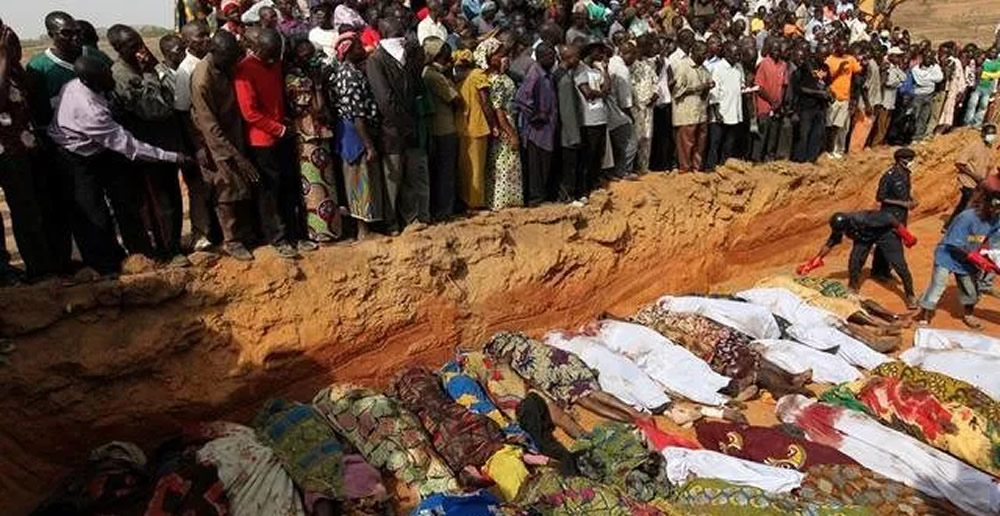Governor Hyacinth Alia has affirmed that he has never denied the killings of Benue citizens by bandits and terrorists, expressing regret that his earlier remarks have repeatedly been taken out of context.
Speaking to journalists on Friday at the Government House in Makurdi after a private meeting with Nobel Laureate Professor Wole Soyinka, the Governor stressed the need for discussions on the crisis to be based on accurate interpretation and a broader global understanding.
The governor noted that the term genocide must be understood from its historical and United Nations definition.
He cautioned that people often use the term loosely without considering its origin, meaning, or the criteria required for an event to qualify as such.
He clarified that his earlier assertion that the attackers “executed their plans religiously” was an idiomatic expression meant to describe consistency, not a reference to religion.
“The media misread the metaphor, thereby fueling unnecessary controversy. I never, at any point, denied that my people were being killed,” the Governor said.
Gov. Alia maintained that, “we have bandits and terrorists who come fully organized to destroy, maim and kill. I have said consistently that their goal is land grabbing. This crisis did not begin as anything religious”.
“The conflict evolved from farmer-herder clashes into full-blown banditry and terrorism. There is no use reducing the complex situation to a religious narrative, pointing out that victims of both faith backgrounds had suffered attacks, and that framing the violence as religious was misleading and dangerous”, the governor emphasized.
Gov. Alia urged the media to serve as a tool for building society rather than contributing to misinformation. “Seeking clarification is better than creating confusion,” he said.
He added that every life lost is “one too many,” emphasizing that the state continues to face the emotional and humanitarian burden of citizens displaced from their ancestral homes. He noted that the presence of numerous IDP camps across Benue stands as a painful reminder of the severity of the attacks.
On development efforts, Governor Alia announced that several arterial road projects within Makurdi have been awarded and that full-scale construction will begin next week following the completion of preliminary work.
He described Professor Wole Soyinka as a sincere ally of Benue State, noting that the Nobel Laureate visited to personally assess ongoing progress.
In his remarks, Professor Wole Soyinka warned Nigerian leaders against seeking assistance from foreign nations whose involvement could worsen the country’s security issues. He criticised the intentions of former U.S. President Donald Trump toward Africa and lamented that Nigerians sometimes worsen their own national challenges by dismissing or rejecting viable solutions.
Soyinka commended Governor Alia’s development efforts and recalled that during the previous federal administration, Benue had become a hotspot for terrorist activity in the North Central region. He said former President Buhari’s failure to halt the killings prompted him to openly confront the administration.
The Nobel Laureate also recounted that during a previous visit, many displaced children were out of school, which led him to donate books. He said part of his mission during this visit was to confirm whether those educational materials were being used to support children in IDP camps.
Professor Soyinka later toured parts of Makurdi to inspect ongoing projects and visited several IDP camps to sympathize with affected communities.

